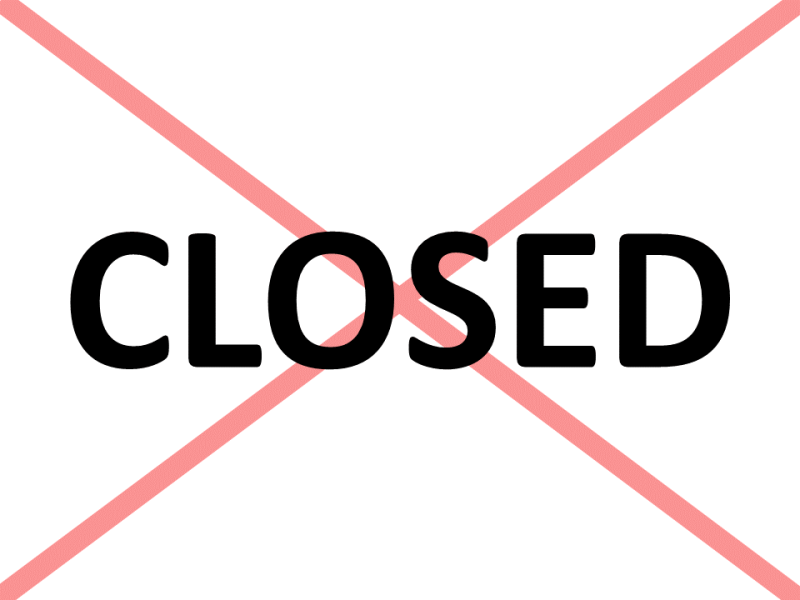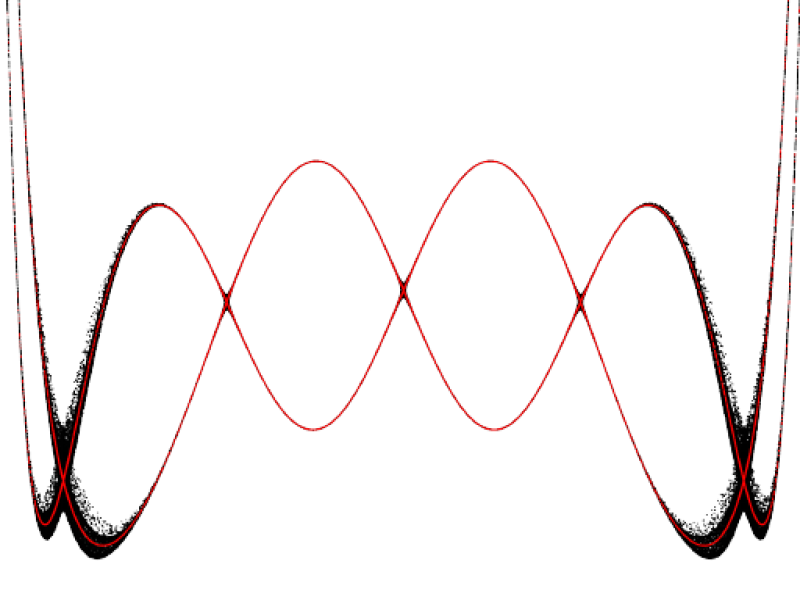The impact of resonance crossings on extreme mass ratio inspirals
Advisor: Georgios Loukes Gerakopoulos (AI CAS)
Funding: Grant supplement until 31.12.2025
Website: http://astro.cas.cz/people/georgios-loukes-gerakopoulos
An Extreme Mass Ratio Inspiral (EMRI) consist of a much lighter compact object inspiraling into a supermassive black hole while loosing energy and angular momentum due to gravitational radiation reaction. EMRIs are promising targets for the Laser Interferometer Space Antenna (LISA) and will allow us to trace the spacetime around a black hole to an unrepresented accuracy. This tracing will place strict constraints on any deviation from general relativity and the Kerr hypothesis, i.e. the hypothesis that the Kerr metric describes the spacetime around a black hole. To achieve this we need quite accurate gravitational waveform templates in order to extract detailed information from the gravitational waves.
The beginning of the work is to get familiar with the generation of gravitational waves during an EMRI. The main tool for this will be to numerically solve the Teukolsky equations in time and in the frequency domain using existing codes. During the dissertation, it might be necessary to further develop both codes.
The aim of this work is to provide a systematic study of what happens to the inspiraling body when it crosses a resonance and how this crossing translates in the gravitational waveforms. This work will focus on resonances in non-integrable systems, i.e. in systems where the motion departs from the integrable geodesic motion in a Kerr background.
References:
[1] Maggiore, Gravitational Waves (Volume
1): Theory and Experiments (Oxford University Press, 2008)
[2] Barack and
Pound, Reports on Progress in Physics 82, 016904 (2019)
[3] Zelenka,
Lukes-Gerakopoulos, Witzany, Kopacek, Physical Review D 101, 024037
(2020)
[4] Lukes-Gerakopoulos, Witzany, chapter in „Handbook of
Gravitational Wave Astronomy“ (Eds. C. Bambi, S. Katsanevas, and K. Kokkotas;
Springer, Singapore, 2021) doi:10.1007/978–981–15–4702–7_42–1
[5]
Skoupy, Lukes-Gerakopoulos, Physical Review D 105, 084033 (2022)



